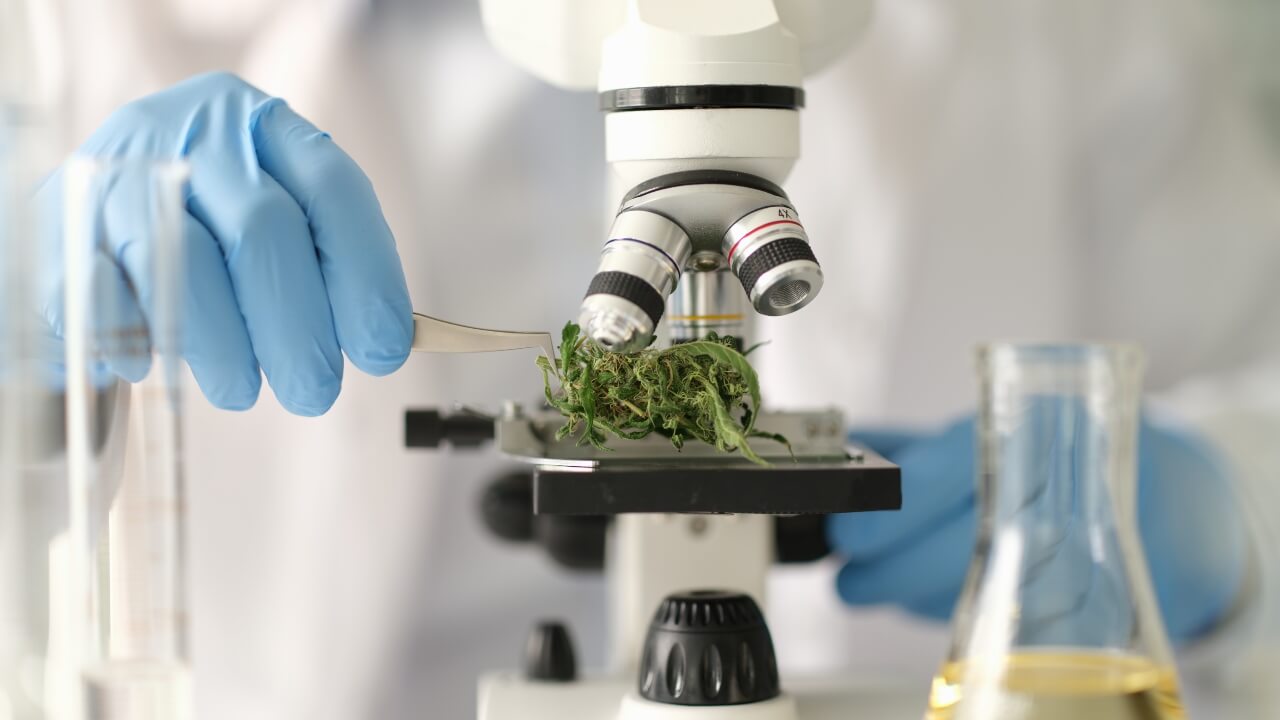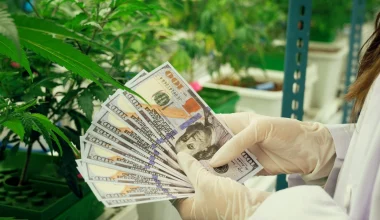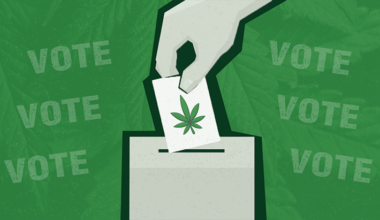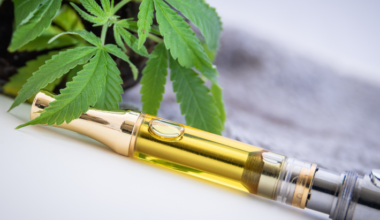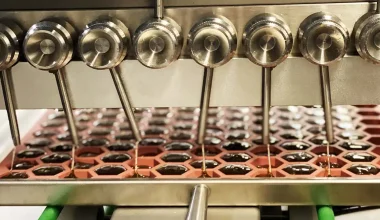California regulators have suspended a prominent testing lab’s license “indefinitely” for alleged infractions that include potency inflation, according to records obtained by MJBizDaily.
BelCosta Labs, headquartered in Long Beach, “engaged in activity that poses harm to public health, safety, or welfare,” according to an April 10 letter signed by Department of Cannabis Control Deputy Director Evelyn Schaeffer.
“BelCosta Labs Long Beach, LLC is directed to immediately cease conducting all activities, including the testing, and transport or transfer of cannabis or cannabis products,” the letter noted.
Nate Winokur, vice president of strategy and operations for BelCosta, told MJBizDaily he believed the lab, which employs 75 people and has been in business for eight years, “was doing everything right.”
“And we also don’t believe that we were anything close to a public safety or health concern,” he added.
The letter from the Department of Cannabis Control (DCC) does not clearly outline any corrective action that BelCosta could take to rectify the violations or reactivate its license.
CEO Myron Ronay suggested in an email to MJBizDaily that BelCosta could take legal action if the lab isn’t allowed to reopen soon.
“If we cannot come to an agreement that salvages the business we have built over the last 8+ years we will be forced to resort to the court system,” he added.
The DCC declined comment to MJBizDaily.
California’s cannabis lab crackdown continues
BelCosta’s license suspension is the latest action taken in the past year by the DCC against commercial cannabis testing laboratories in the state after years of allegations of misbehavior.
Accusations of inflated potency results as well as labs’ failure to detect pesticides and mold, whether deliberately or through negligence, are rampant throughout the industry nationwide.
Records show the DCC’s letter came a few weeks before BelCosta’s provisional license was set to expire April 30.
Winokur told MJBizDaily that BelCosta would present a fuller response soon.
“We’re about 24 hours away from everything we intend to do,” he added.
“I do think that when the facts are presented, it looks like we may have been singled out.”
The DCC’s allegations against BelCosta
Schaeffer’s letter, addressed to BelCosta co-owners Ronay and Matthew Dechter, identified seven alleged violations.
According to the DCC, BelCosta:
- “(R)eleased failed samples for retail sale,” and a later DCC test found the specimens “contained measurable amounts of pathogenic (a)spergillus.”
- Inflated the “(t)otal THC” potency of two flower samples by more than 10%.
- “Failed to report compliance testing results within 1 business day” on three occasions.
- Failed to maintain chain-of-custody forms.
- Allowed a company receptionist access to Ronay’s user account for Metrc, which provides California’s track-and-trace software.
- Failed to follow standard operating procedures for sample collection, according to video-surveillance footage of BelCosta employees the DCC reviewed.
- Employed eight people who do not possess minimum education requirements to work as a lab analyst or lab sampler.
In the case of the alleged potency inflation, BelCosta reported that two batches of flower each contained a THC potency of 24.5%.
According to its letter, the DCC determined those two samples contained THC potencies of only 17.4% and 14.7%, respectively.
California law allows a variance of 10% in such test results.
In the latter case, that’s a difference of 40%, far and above the allowable variance.
Testing watchdogs and critics say that precise results across different tests, such as two distinct flower samples both returning exactly 24.5% THC, is also cause for suspicion.
Subscribe to the MJBiz Factbook
Exclusive industry data and analysis to help you make informed business decisions and avoid costly missteps. All the facts, none of the hype.
What you will get:
- Monthly and quarterly updates, with new data & insights
- Financial forecasts + capital investment trends
- State-by-state guide to regulations, taxes & market opportunities
- Annual survey of cannabis businesses
- Consumer insights
- And more!
‘We don’t believe this is right’
Winokur and Ronay first responded to the DCC via an “emergency podcast” they recorded on April 10 and uploaded to YouTube.
“We really don’t believe this is right, what’s happening to us,” Ronay said in the video, adding “we will be back, better than ever.”
Ronay and Winokur responded to the DCC point-by-point in the video:
- They seemed to acknowledge the late uploads as “small paperwork errors” and claimed the lab employees the DCC identified as analysts were in fact “lab techs” who don’t require the educational qualifications.
- They suggested that the chain-of-custody problems could have been committed by the lab’s distributor partners.
- As for the potency issue, they claimed that other labs have produced THC results in excess of 39% THC and more without any problems.
- The alleged mold, they suggested, could have developed after the initial test at BelCosta.
- They said they attempted to contact the DCC in August 2024 to inquire about the state’s “methodology” used to find the alleged aspergillus after some mandatory product recalls. But the DCC, Winokur said, “never accepted a call with us.”
“No one’s perfect,” Ronay said.
“I know the DCC’s not perfect, and we’re not perfect. either.”
Chris Roberts can be reached at chris.roberts@mjbizdaily.com.
Chris Casacchia contributed to this report.
Medical Disclaimer:
The information provided in these blog posts is intended for general informational and educational purposes only. It is not a substitute for professional medical advice, diagnosis, or treatment. Always seek the advice of your physician or other qualified healthcare provider with any questions you may have regarding a medical condition. The use of any information provided in these blog posts is solely at your own risk. The authors and the website do not recommend or endorse any specific products, treatments, or procedures mentioned. Reliance on any information in these blog posts is solely at your own discretion.
